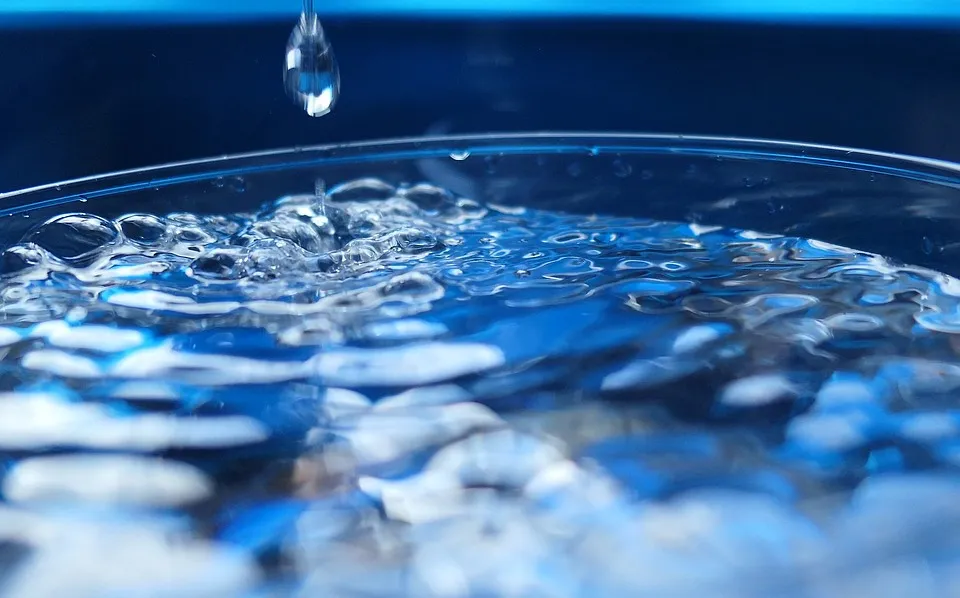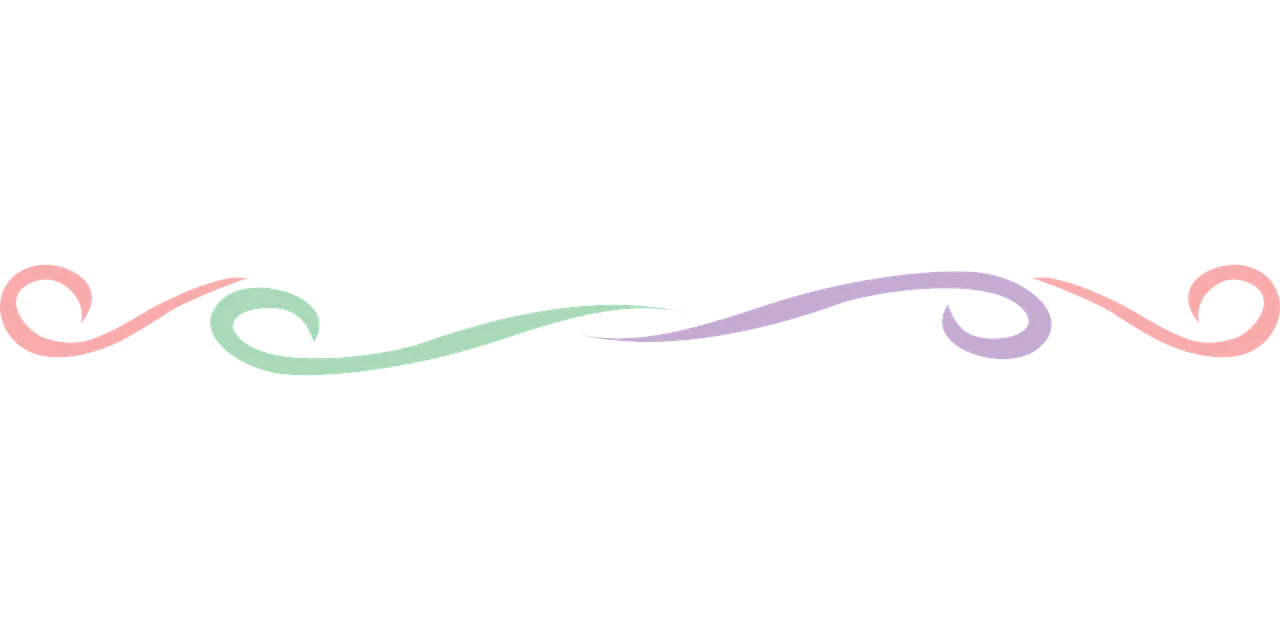I've been reading about Jacques Benveniste and the supposed water memory effect. It's an interesting story, with a moral about scientific honesty and private science.
Benveniste was a French immunologist who worked at the Institute of Health and Medical Research (INSERM), a French governmental institution. In 1988 he published a paper in the prestigious journal Nature reporting the water memory effect and triggering a controversy.

(CC0)
Benveniste added a chemical to the water, in a predetermined dilution, and tested the reaction of certain biological samples. So far, nothing strange. The problem was that the biological samples reacted even when the dilution was so large that no portion of the original chemical remained in the water.
It is as if we added a grain of salt to a Lake Argentino, dissolved it well, then drank a glass of water, and tasted it and felt it salty! even though very probably none of the atoms of our original salt grain would have ended up in the glass.
The explanation that Benveniste - with the formation of an immunologist, not a chemist - gave to this phenomenon was that the water somehow remembered what we had diluted in it, even when there were no more traces of the substance, and that the biological samples reacted to that memory.
The problem is that this kind of preserved information goes against well-established principles of statistical mechanics. Nature demanded that the experiment be repeated in conditions controlled by an ad-hoc selected team of its own, which included the famous illusionist and pseudo-science enemy James Randi.

James Randi (CC BY-SA 4.0 by Sgerbic)
Randi's team witnessed double-blind experiments in Benveniste's lab. In such experiments, samples of water treated with the chemical and other untreated water came into contact with the biological material, and the reaction was noted.
The Nature team noticed that the supposed effect disappeared when the members of the laboratory did not know if the water sample had been treated or not... big surprise! The journal then published a report on this methodological flaw in Benveniste's experiments.
Benveniste's results could not be reproduced by independent studies, and have now gone down in history as an example of failed research. However, the episode has interesting edges that merit some comment.
First: Benveniste's results, if they had been correct, would have given a scientific basis to homeopathy. Homeopathic medicines basically contain water, since their active ingredient is as diluted as a grain of salt in Lake Argentino, or even more, and it is likely that none of the molecules of the active ingredient will be ingested by the patient in every dose.
Second: two of the members of Benveniste's laboratory were paid by a pharmaceutical company specialized in homeopathy, the Boiron company. This led to the suggestion that someone in the working group was cheating on Benveniste, although there was never any proof of this.
Third, no one questioned Benveniste's honesty, nor accused him of fraud, nor of falsifying results. The worst that was said of him was that his experiment had methodological flaws that made him susceptible to human bias.
That is to say, we would be facing an example of the Clever Hans effect: the expectation of the experimenter affects the results. In this case, experimenters financed by private interests find results that favor these interests.

Clever Hans (PD1923)
This episode shows that, even without assuming a lack of scientific integrity, private funding of science is dangerous. So is state funding, when the expectation of the funding institution is explicitly that of obtaining results in a predetermined direction.
An additional detail: the only link in scientific research that is almost completely private is that of journals. And in this example that link failed. Nature should never have published the paper before the independent confirmation. But the temptation of the scoop was stronger.
The moral is that private funding of science, even in cases of complete integrity, generates biases with potentially very dangerous consequences.
So here ends the story of Jacques Benveniste and the memory of water.
My posts (mostly in spanish) are published in
- Cave Canem (science, opinion)
- Literatops (literature, literary quotes)
- Diaspora*
- Mastodon
- SteemIt
- Telegram
- Tumblr
I can also be contacted in
- XMPP SeverianX
- Discord SeverianX#6874
- SteemChat SeverianX
- CuriousCat
